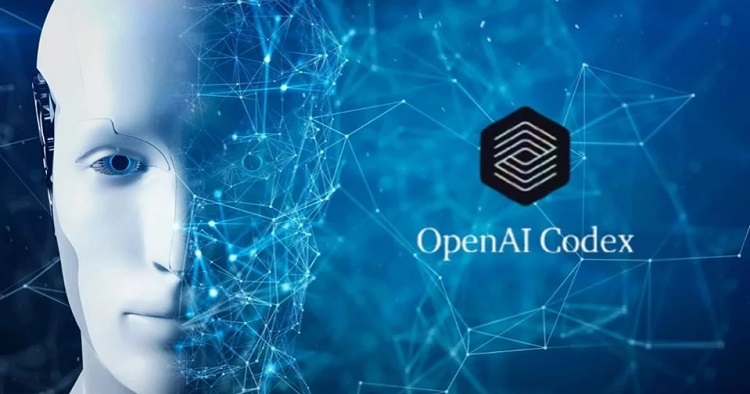OpenAI Codex: A Pair Programmer to Shape the Future Coding Paradigm


OpenAI, the company behind the phenomenal automated chatbot ChatGPT, launched its next-generation coding agent, Codex, on May 16, 2025. Designed to streamline several fundamental aspects of software programming, Codex will further dynamise the exponentially growing field of automated coding. Let’s look deeper at what Codex is and what it can do.
What is Codex?
OpenAI Codex is an AI model that translates natural language into computer code. Built on OpenAI 0.3 reasoning model technology and trained on vast codebases, it powers tools like GitHub Copilot, enabling users to write, understand, and automate code tasks across multiple programming languages using plain English instructions. Codex accesses GitHub repositories, collects inspiration from billions of lines of code already stored there, and uses its algorithms to come up with solutions to complex tasks.
Development History of OpenAI Codex
The invention of the Codex dates back to August 2021, right after OpenAI introduced the GPT-3, a neural prototype trained on text. To tune up the process through which GPT-3 generates results, developers added an extra model of 12 billion parameters and named it Codex. This initial version of Codex could write SQL queries, convert conversations into Python code, and build UI components.
Later, throughout the period 2022 to 2023, Codex continued evolving in smaller versions and got integrated into GPT-4 and ChatGPT Pro. Recently, OpenAI has given Codex its environment and advanced coding functionalities. In doing so, the company has also shifted the reasoning model of Codex from GPT-3 to Codex-1.
What Can Codex Do?
The new Codex model is apt at executing multiple tasks related to coding. Here is a short glance:
Conversational Coding
Perhaps one of the most groundbreaking features of Codex is the ability to translate plain English into code. This allows users to instruct the AI with phrases and receive accurate, ready-to-run scripts across a range of programming languages.
Developing Software
OpenAI’s new code models are transforming the software landscape by allowing developers to generate functional code in seconds. With simple prompts, users can create entire programs without manually writing each line.
Analysing Data
From spreadsheets to large CSV files, OpenAI’s code tools can now analyse, clean, and visualise data with minimal user input. Journalists, researchers, and business analysts can quickly generate charts or summaries by simply uploading a file and asking questions.
Educational Companion for Coding Learners
The models serve as a real-time tutor, capable of explaining code line by line, debugging errors, and answering conceptual questions. For students and self-learners, this offers an accessible alternative to traditional learning methods.
Accelerating AI-Powered Applications
Startups and enterprises alike are leveraging these tools to make prototypes of AI-driven apps without the need for large development teams, cutting costs and speeding up innovation cycles.
Common Issues and Concerns on the Rise
Accuracy and Reliability
While OpenAI's models can generate functional code with impressive speed, experts caution that the outputs are not always correct or optimal. In complex scenarios, the AI may produce code that looks fine but contains subtle bugs, inefficiencies, or security flaws. Relying on such code without proper review could pose risks, particularly in sensitive applications like healthcare, finance, or cybersecurity.
Security and Misuse Risks
OpenAI’s code generation capabilities could be exploited to create malicious software. Although safeguards are in place, the potential for misuse remains a real concern. Cybersecurity experts warn that making code generation more public at this scale could empower bad practitioners.
Programming Fields
As these tools improve, there's a growing debate about the impact on employment. While some argue that AI will complement human developers by automating repetitive tasks, others worry it could eventually reduce demand for entry-level programmers, especially in roles focused on routine coding or bug fixing.
Code Licensing Confusion
The use of AI-generated code raises legal questions around ownership and licensing. Developers and companies are seeking clarity on how such content can be safely used in commercial products.
Skill Dilution
Some educators and software veterans fear that easy access to AI-generated code may hinder learning. If new developers rely too heavily on tools like Codex, they may struggle to build a deep understanding of how software works. Over time, this could lead to a generation of coders with limited problem-solving skills or creative confidence.
Conclusion
OpenAI Codex brings a transformative shift in how we code, making programming faster and more open. While it offers immense potential to streamline development and learning, thoughtful use, ethical oversight, and continued human expertise are essential to harnessing its power responsibly in the evolving tech landscape.
